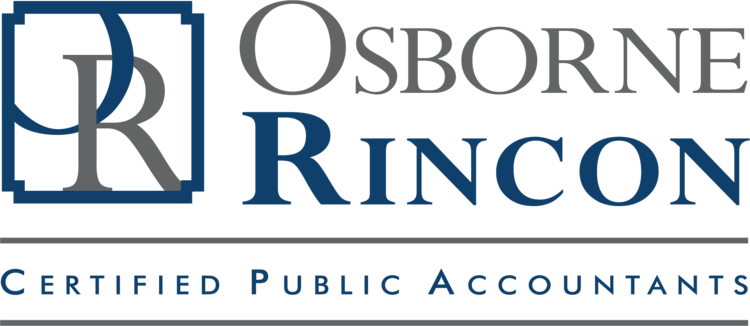By: Veronica Vega-Barajas, Osborne Rincon CPAs
Most business taxpayers are aware that the Tax Cut and Jobs Act (TCJA) eliminated net operating loss (NOL) carrybacks and limited carryforwards to 80 percent of taxable income. However, due to the Coronavirus Aid, Relief, and Economic Security (CARES) Act under section 6411, taxpayers may apply for a tentative carryback adjustment of the prior year tax.
A tax loss carryback is when a corporation retrospectively adjusts its tax returns for prior periods if it incurs a net operating loss in a current period. NOLs that arise beginning tax years 2018-2020 will have a 5-year carryback option. Fiscal year taxpayers beginning 2017 and ending 2018 will also have the option to file a tentative refund claim.
Additionally, a corporation may claim unused credits associated with Alternative Minimum Tax (AMT) fully in 2018 and 2019 versus the 4-year spread out requirement starting from 2018 through 2021. NOL carrybacks must usually be filed after the year of loss the tax return has been filed, and within one year of that tax year.
However, this allotted time has been extended by 6 months. For instance, a taxpayer has until June 30, 2021 to claim an NOL carryback from a December 31, 2019 loss. Once the required forms have been filed with IRS, they will process forms within a limited 90-day review for any errors or omissions. Then, they will either approve or deny the carryback claim.
This allows taxpayers to recover any previously paid taxes to provide additional cash relief for current financial needs in order to help stabilize business during a recession. Businesses across various industries will benefit from this reinstated policy – especially those most affected by the pandemic – providing them the opportunity to survive the current recession.
Ultimately, the taxpayer should assess their compliance and specific tax filing needs. If NOL carrybacks are something you may benefit from, consider reaching out to your tax professional for more details and information.
Osborne Rincon stays on top of all the latest updates regarding tax issues during the COVID-19 health crisis, so call (442) 307-5512 if you’d like to schedule a consultation.
